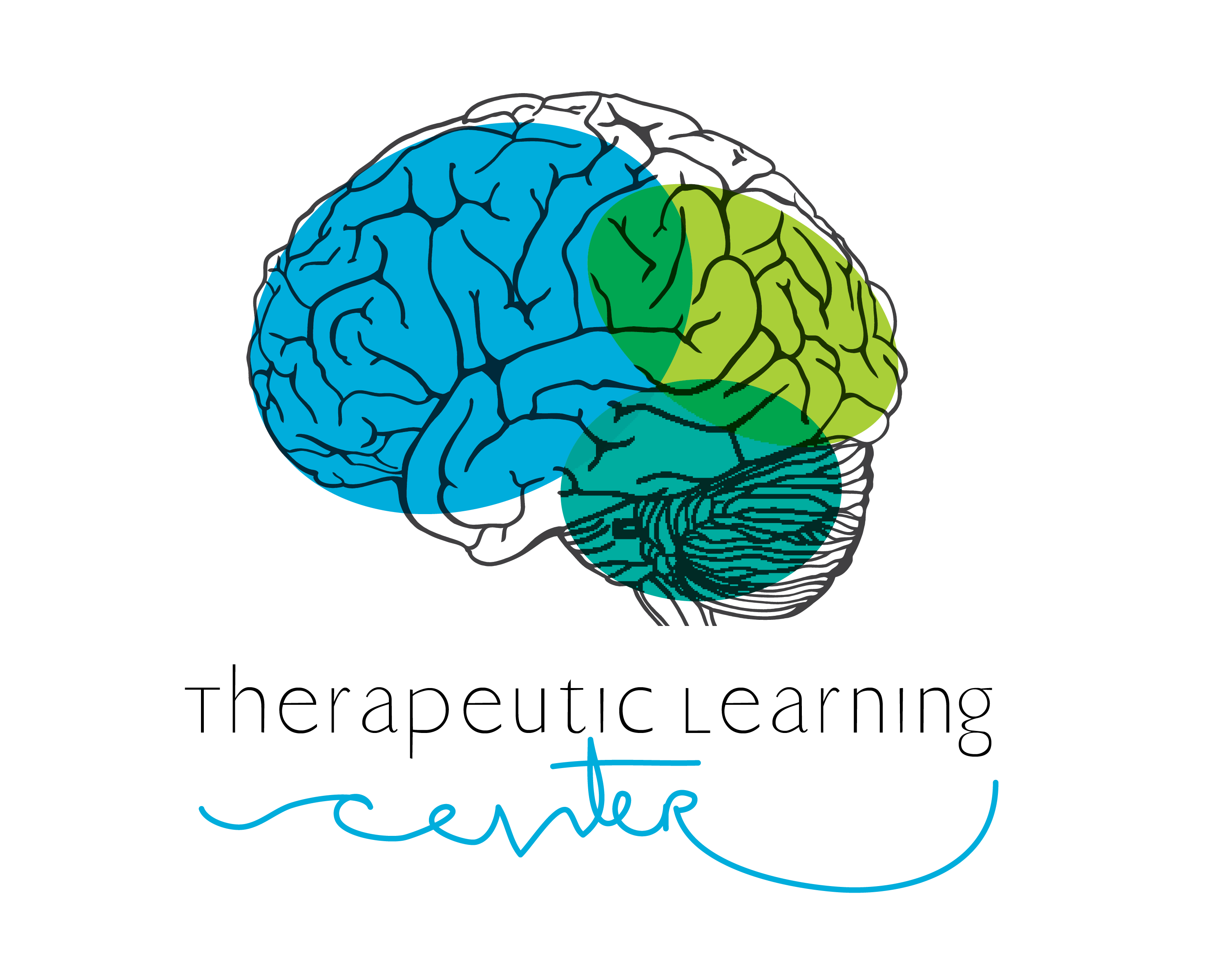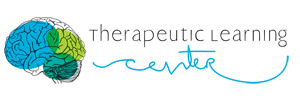When your child is struggling to read…. Teaching a child to read requires deep knowledge in cognitive processing. It requires informed observation of every error a student makes. Thanks to neuroscience, we know a lot more about the brain and learning processes involved in reading and writing than we ever have known before. Neuroscience has givenRead more



